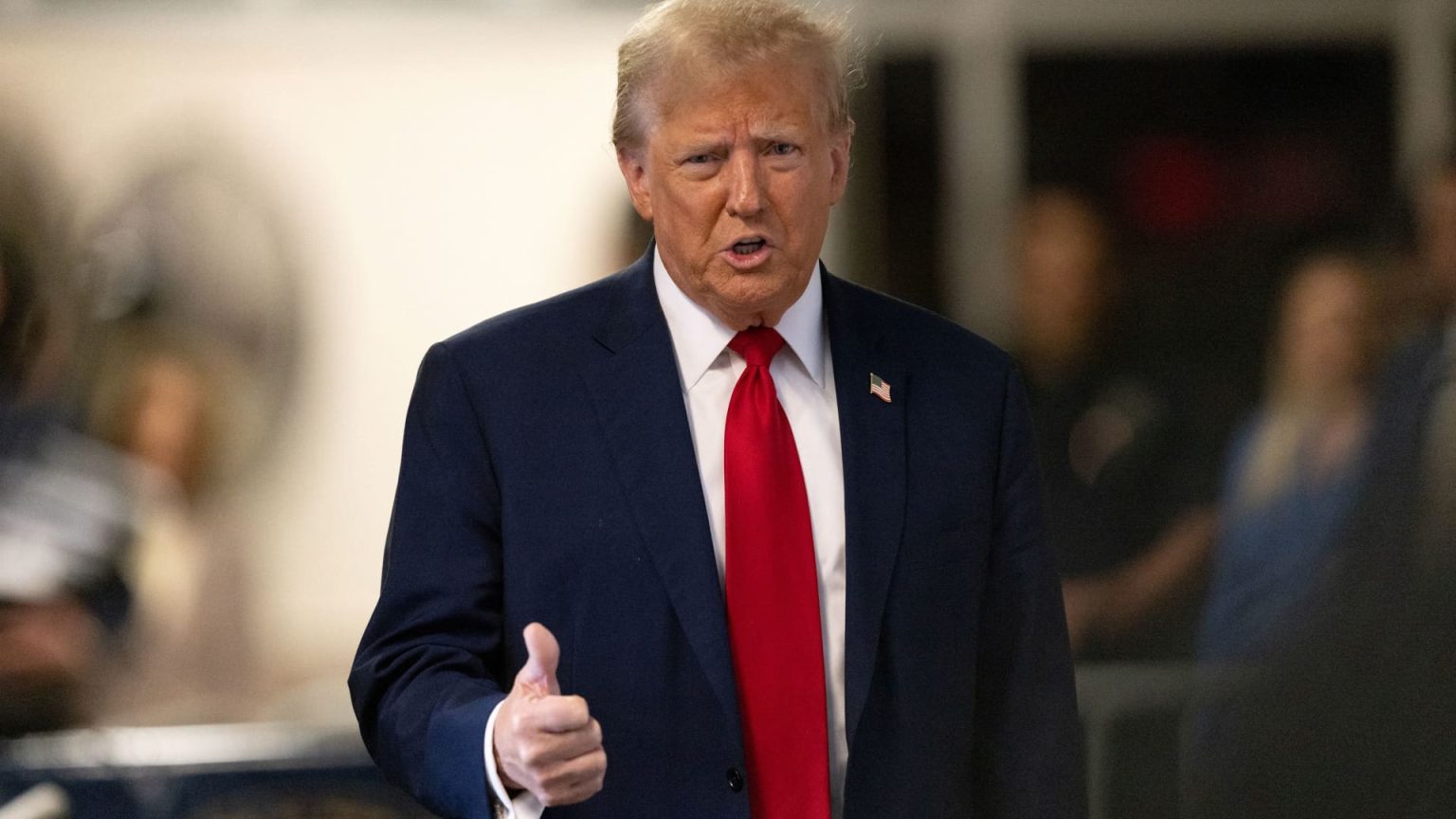Former President Donald Trump’s political operatives are working on a plan that would give him unprecedented influence over the Federal Reserve, according to a report from The Wall Street Journal. The plan, which is highly secretive, includes a provision that could make Trump an “acting” central bank board member, as well as consulting him on interest rate decisions if he were to be re-elected. Additionally, the plan suggests using the Treasury Department to oversee the Fed’s bond-buying activities and giving Trump the power to remove the current Fed Chair Jerome Powell from office.
During his time in office, Trump criticized Powell and the central bank for raising interest rates and reportedly considered firing him. The draft proposals indicate that Trump would require that Fed policy be aligned with the administration’s goals if he were to return to office. However, Trump campaign officials have stated that these draft proposals should not be considered official, and it remains unclear what authority the president would have to make such bold moves on an institution that traditionally operates independently from political pressure.
The Federal Reserve declined to comment on the report, leaving the potential implications of these proposals uncertain. The Fed has historically operated with a degree of independence from political influence in order to maintain stability in the economy. Giving a president unprecedented power over the central bank could raise concerns about political interference in monetary policy decisions, which are typically made based on economic data and financial stability considerations.
If implemented, these proposals could significantly alter the relationship between the president and the Federal Reserve, potentially undermining the Fed’s ability to make decisions based on economic conditions rather than political considerations. Trump’s history of criticizing Powell and the central bank’s decisions during his presidency raises questions about the motivations behind these proposed changes. It is essential to consider the potential consequences of granting the president such broad authority over a key institution that plays a vital role in managing the nation’s economy.
The draft proposals also include expanding the role of the Treasury Department in overseeing the Fed’s bond-buying activities, adding another layer of oversight that could potentially further politicize monetary policy decisions. This heightened level of scrutiny could impact the Fed’s ability to operate independently and could lead to increased tensions between the central bank and the executive branch. It will be essential to monitor developments surrounding these proposals and consider the implications for the Federal Reserve’s ability to fulfill its mandate of promoting maximum employment, stable prices, and moderate long-term interest rates.
Overall, the potential plan to give former President Donald Trump unprecedented influence over the Federal Reserve raises concerns about political interference in monetary policy decisions and could have far-reaching implications for the independence of the central bank. It remains unclear how these draft proposals would be implemented and what impact they could have on the Fed’s ability to make decisions based on economic data rather than political pressure. As the debate over the relationship between the president and the Federal Reserve continues, it will be crucial to consider the potential consequences of granting such broad authority to the executive branch over a key institution responsible for managing the nation’s economy.


